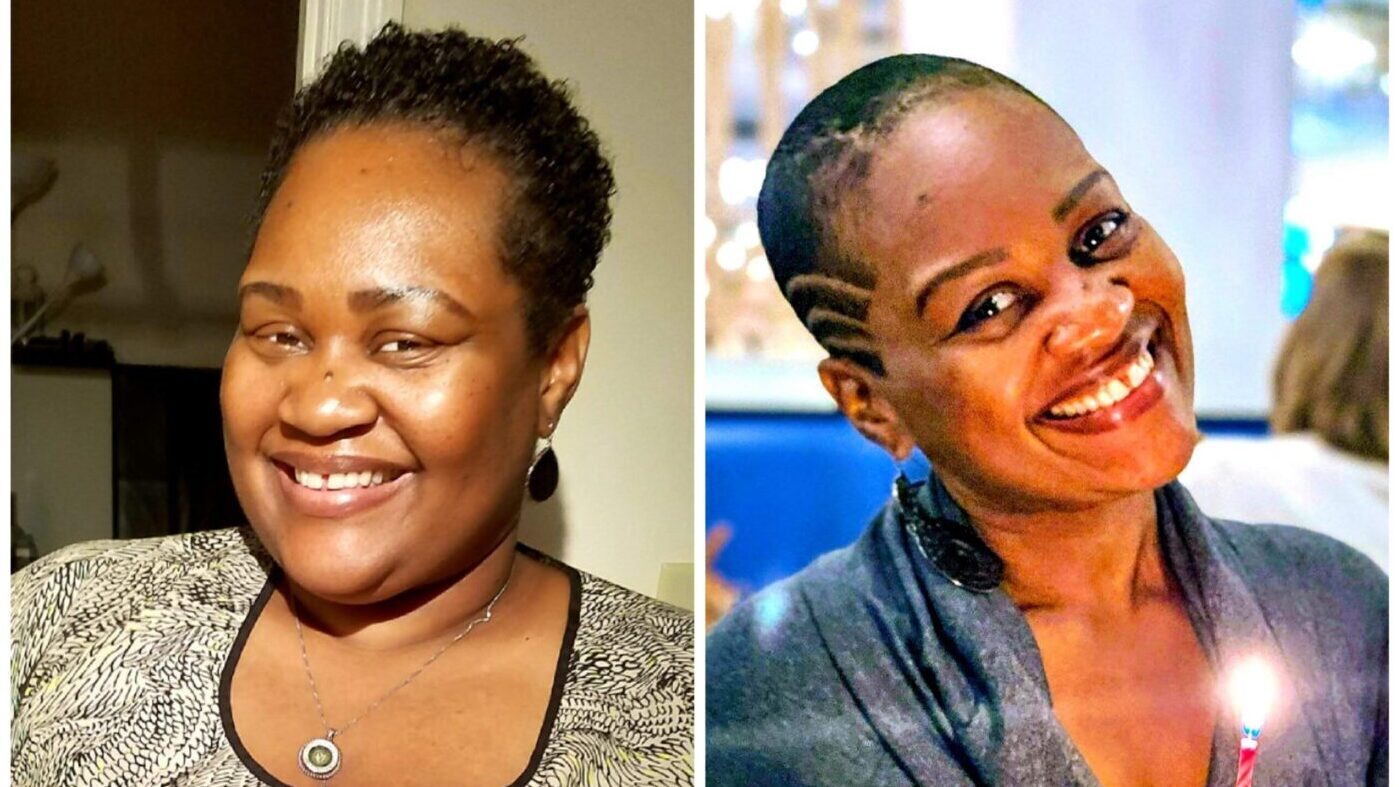From Shame to Love: How Emotions Shape My Mother Tongue
I am multilingual. I speak English—that is my native tongue. I speak Jamaican Patois. My mother is Jamaican, and trust me, that’s also my native tongue (despite what some first-generation Jamaicans might say!). I’m proficient in the English dialect of language father’s home country, Montserrat. That one is less my native tongue, but I’m familiar. I’m proficient.
I am bilingual. No, I am actually multilingual. I speak Spanish because I learned it in school. Si quieres hablar conmigo en Español, dale. Si quieres hacer un intercambio conmigo, ¡venga!
Shame is also my native tongue. Violence is also my native tongue. Worry is also my native tongue. Catastrophe is also my native tongue. And precisely like language, it can be learned, and can also be forgotten. Much like I’ve forgotten the French and Latin I studied in elementary and middle school.
Violence is no longer my native tongue. It’s a language I speak so rarely that when I hear it, it hurts my ears. It hurts my body. There’s a visceral full body reaction.
Shame is different.
Shame is still my native language.
Not because I want it to be, but because in this world we live in, self-hatred is all of our native tongues. Hatred is a language I learned. I was taught to hate myself. When I stopped studying French and began learning Spanish, the French words that once consumed me were gradually replaced by Spanish vocabulary. In the same way, I had to unlearn self-hatred—replacing its cruel, familiar phrases with the language of love and acceptance. Just like learning a new language, it took effort, repetition, and intention to let love become fluent in my heart.
I forgot it. And so, when I had to practice again, it returned to me.
Now, this thing has happened: words I thought I didn’t know anymore returned, out of some deep void. They simply returned. Just like language can be learned, it can be unlearned—and yet, even unlearned words linger in the corners of memory, waiting. That one word I learned all those years ago in middle school or elementary school—it returned to me swiftly and easily, as if it had never left. Self-hatred is the same. Even when I’ve worked to forget its cruel syntax, its phrases sometimes surface, unbidden and familiar, like a language I thought I had long abandoned. But just as I’ve chosen to replace French with Spanish, I now choose to overwrite those words of hatred with a new vocabulary—a vocabulary of love, spoken with intention and care.
But shame as a mother tongue…
Shame has been a mother tongue because I was taught to be ashamed—ashamed of my body, my size, the fullness of my nose, the width of my hips, the gap in my teeth, the volume of my laughter, the chocolate brown of my skin, and the depths of my joy.
But those very things I used to hate, those very parts of me I used to loathe, have become the parts I love the most.
I had to learn the language of love.
I had to learn the language of love by loving the areas of myself that needed it the most. And so, I chose—I choose—to love myself. To love myself fully and well.
With hope and care and kindness.
Love is now my mother tongue.
English is, of course, my mother tongue, my native tongue.
But love is the one I admire most.
